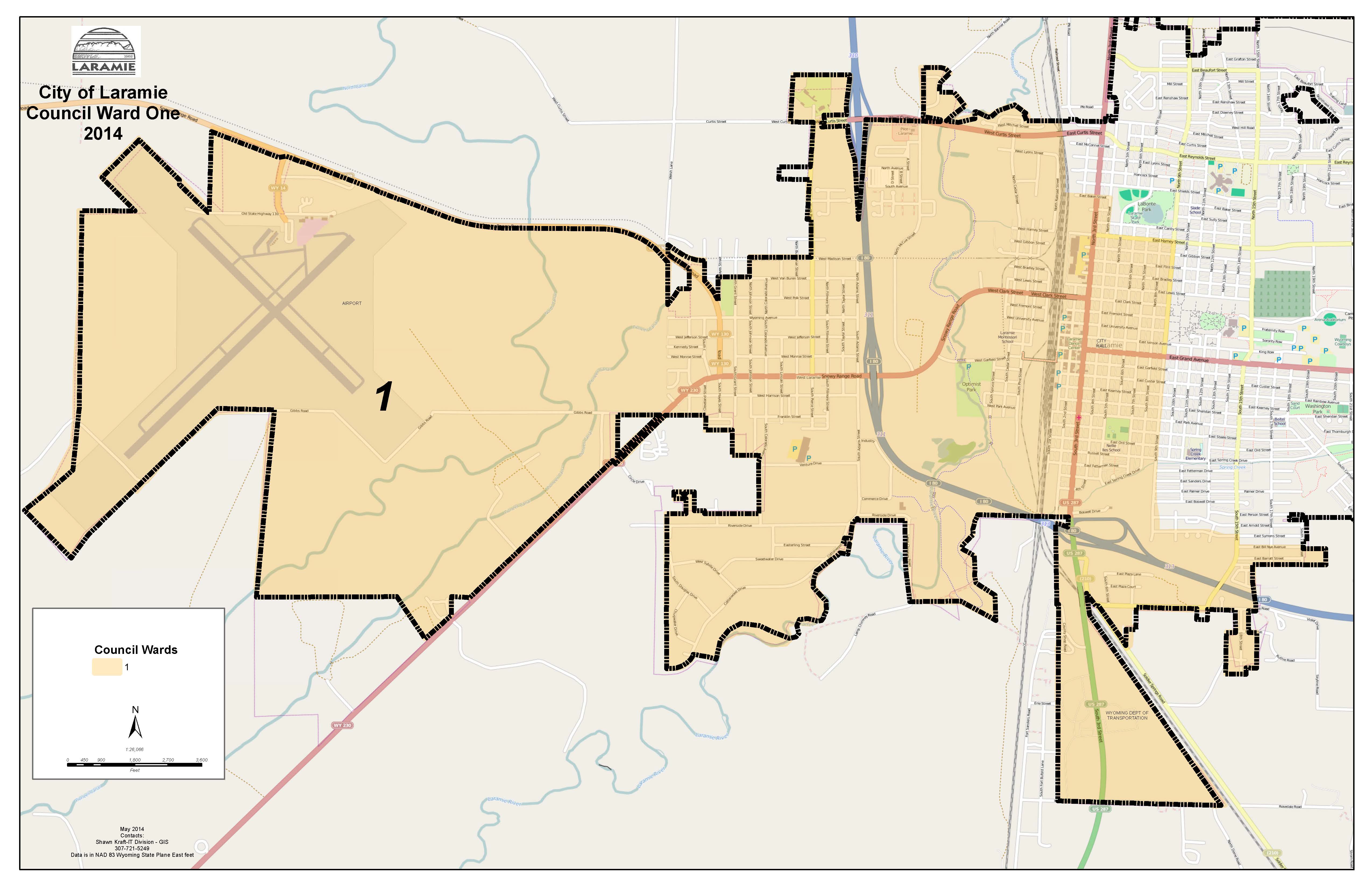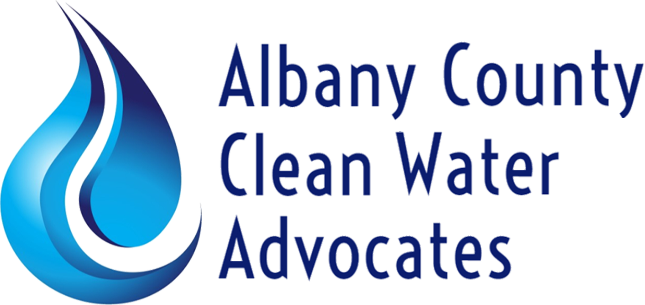
Voters also may wish to read candidates’ responses to the Laramie League of Women Voters’ general election questionnaire, which included a question pertaining to city-county cooperation. City councilor answers begin on page 32. (This link is provided as a service to voters; there is no organizational connection between the Laramie League of Women Voters and Albany County Clean Water Advocates.)
Candidates Victor Bershinsky and Brian Harrington are running for a two-year term (filling an unexpired term due to a resignation). Candidates Jessica Stalder and Andi Summerville are running for a regular four-year term. Candidate responses below are rotated, like the names on the ballot, so that the same candidate is not always listed first or last. Candidate Stalder did not respond.
The Aquifer Protection Overlay Zone (aquifer recharge area) lies mostly in the county, while the Casper Aquifer provides about half the drinking water for the vast majority of county residents who live in or near the City of Laramie. Recognizing this common interest, the Casper Aquifer Protection Plan began as a joint city-county document.
1. As a City Councilor, would you support returning to a unified Casper Aquifer Protection Plan? Please explain your answer.
VICTOR BERSHINSKY (Ward 1, two-year term): I strongly believe that a unified plan to protect the aquifer is required. It doesn’t matter if you are in the city limits, or outside of some arbitrary boundary line; protection of the aquifer affects all of us. The aquifer is an amazing natural resource, and, besides our moral and ethical responsibility to protect it for everybody’s benefit, the financial benefit to both city and county residents is enormous. For county residents, the ability to drill a well and have clean, potable water avoids the cost of hauling or treating water. For the city, our Aquifer wells provide a great deal of the city’s water at a very low cost compared to the cost of treating less sanitary sources.
BRIAN HARRINGTON (Ward 1, two-year term): Understanding that the Casper Aquifer provides a considerable amount of the drinking water for Laramie residents makes protecting the aquifer one of my top priorities. Therefore, if it appears that a unified plan is the best option, then I will support unification and work tirelessly with the County Commissioners to protect our most valuable asset.
ANDI SUMMERVILLE (Ward 1, four-year term): I do support returning to a unified Casper Aquifer Protection Plan that provides the protections necessary to safeguard the City of Laramie’s Municipal water supply. Having two plans creates ambiguity over what standards are appropriate or needed to ensure protection. The City of Laramie has to work in cooperation with Albany County to develop an updated joint CAPP that BOTH bodies agree to enforce.
2. What do you see as the major issues affecting the Casper Aquifer, and how would you address them?
BRIAN HARRINGTON (Ward 1, two-year term): Development is a threat that we must address head on. While the purchase of the Pilot Hill section of land would provide significant protection, it is only a small percentage of the overall recharge zone. The
Pilot Hill section is the most likely section to develop in a density that would increase the risk of contamination given its proximity to the City. When thinking into the future, I believe it will be increasingly important that we identify possible contaminant sources and mitigate any risk of those contaminants entering the aquifer. Through thoughtful development and expanding upon the Pilot Hill purchase we will be able to both protect our aquifer and improve the strength of our community and economy.
ANDI SUMMERVILLE (Ward 1, four-year term): Protection of the aquifer itself is the most critical issue. There are aging septic systems in vulnerable areas that are posing contamination risk, I-80 Telephone canyon contamination risk has not been addressed, as well continuing development pressures on the aquifer near Grand Avenue. We need a more comprehensive plan on how to extend water and sewer lines around or through the Casper Aquifer to address failing septic systems and new development in the County.
I also believe that we need to work more directly with the State and County concerning other wells that are being drilled into the aquifer that could cause possible contamination points as well as suppress production from the City’s wells that are used for municipal use.
VICTOR BERSHINSKY (Ward 1, two-year term): A couple of the major issues affecting the aquifer are development and use, or overuse, and contamination. I think the City and County must be very conservative when considering potential development in the aquifer protection zone, as well as considering other development in the city and county that may affect the aquifer’s replenishment. Closely monitoring development in the aquifer protection zone can help protect it from contamination, while looking at development city- and county-wide from a water consumption standpoint can help us avoid water shortages from the aquifer and other sources.
3. Are there other city water-related issues you have concerns about? If so, please describe, including how you would approach the issue(s).
ANDI SUMMERVILLE (Ward 1, four-year term): The water treatment plant continues to age, requiring more investment. We probably need to talk about a replacement in the next decade or two. Additionally we need to continue to monitor the Monolith Ranch and how it is managed to be sure that the City is maximizing the amount of water we can safely transfer for municipal use as the city grows. We also need to look at a comprehensive non-potable water irrigation program for City Parks and the University of Wyoming to maximize our water resources.
VICTOR BERSHINSKY (Ward 1, two-year term): Beyond aquifer management and protection, an issue I am focusing on in my campaign is the city’s aging infrastructure. A long-term plan for maintenance and upkeep of all of the city’s infrastructure is needed, including water and waste water treatment and distribution. The first step, which to a large degree is already done, is to identify the problem areas within our infrastructure. We as a city need to prioritize the necessary
repairs, upgrades, and additions, then develop a plan to fund and implement the projects.
BRIAN HARRINGTON (Ward 1, two-year term): Increased likelihood of a lessening snowpack and drier summers will lead to a decreased flow in the Laramie River drainage. Without addressing this issue we are likely to see a decrease in aquatic health within the river as well as a decrease in the availability of water to supplement the water provided by the Casper Aquifer. Protecting what water remains in the stream will require partnerships between public entities (City, County, and State) and private entities (Landowners and businesses).
